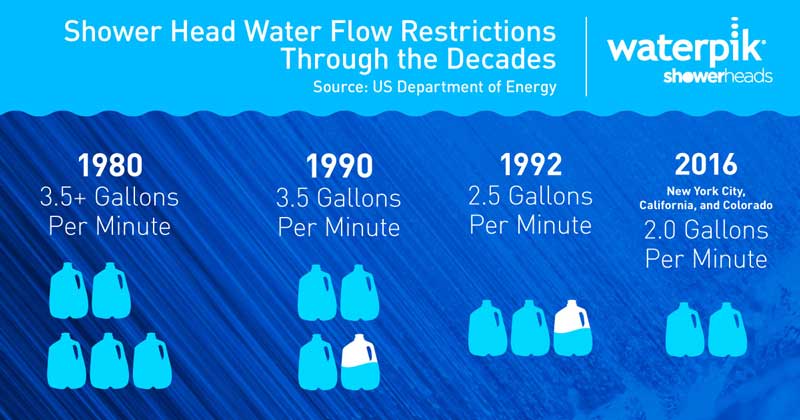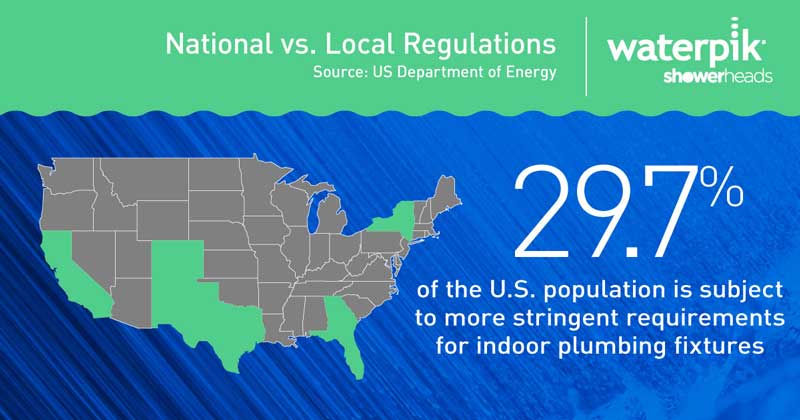15-Point Checklist Before Starting Your Bathroom Renovation
A bathroom renovation is an exciting task. But before jumping to choosing the latest tile or bathtub design, there are some less exciting things to consider so your project turns out just the way you dream it. Because renovating a bathroom can be overwhelming, time-consuming and costly, we prepared a simple 15-point checklist to make sure that your project stays on track and the renovation runs smoothly.
1. Budget
If you don’t know already you should work up an idea of how much you want to spend on your bathroom renovation. Setting a budget will help guide you as you make decisions about what to include in the remodel. Once you’ve figured out what you can spend and substracted the amount allocated to labor, you’ll have a clearer sense of what you can spend on tile, fixtures, and extras.
2. Time
Many people assume that if they are remodeling a small bathroom it will only take a few days, or anyway it will take much less time than a larger one. This is not necessarily the case. Depending on how many items you are changing in the bathroom your contractor will have to go through all the same steps as a larger bathroom. However, planning refers not only to defining the duration of the renovation works but also certain intermediate steps such as ordering and purchasing tiles, fixtures, custom-built vanity or cabinets to make sure they can be delivered when your contractor needs them. Planning time is also crucial for those with only one bathroom in their house as they will have to make arrangements where to take a shower and use the toilet while the bathroom is taken apart.
3. Works sequence
When it comes to bathroom renovation by completing the job in a specific sequence you can save yourself from a lot of clean up time and mistakes. Whether you are demolishing Sheetrock or simply repainting, you always want to start at the top of the room. Remodel your ceiling first, walls second, and floors third so you can prevent damage to your new components.
4. Hidden problems
If you are doing a major upgrade to your bathroom consider doing a “full gut”. When done by a professional with expertise you end up with a zero problems bathroom that will function flawlessly and add tremendous value to your home for many years to come. Depending on the age of your home and how well it was built the biggest hidden problem you may encounter is water damage, so look for structural deficiencies in the floor framing, not properly vented plumbing, old corroded plumbing, non-waterproof tile shower/tub surrounds, etc.
5. Design style and functionality
When first starting out start by thinking about the look you want for your bathroom. There are many factors to consider like paint color, tile choices, vanities, showers, tubs, faucets, etc. It can get overwhelming very quickly so start with some research. You can start to piece together elements that you like into what will become the final design of the bathroom or you may choose a design item you want to feature in the bathroom and then work the rest of the bathroom design around it.
Design should work hand in hand with functionality so consider who will use the bathroom and how, consider an eventual resale of the house and also take a moment to think how the bathroom design will fit in with the rest of the house.
6. Measurements
There are 3 major limitations which really make size matter in bathroom renovation: the overall size of the bathroom (usually the smallest room in the house), the location of existing plumbing pipes and electrical wiring and the typical standard dimensions of bathroom fixtures. Therefore make sure you have the correct measurements and specifications when you go to the store. More frustrating than trying to shop without measurements is to end up purchasing stuff that doesn’t fit.
7. Contractor
Hiring a contract for a conceivably DIY job? Well, yes, that is a smart thing to do given the complexity of the job and difficult operations involved (electrical, tiling, plumbing, etc.). Therefore do not overlook the advantages of hiring a contractor and save yourself a load of misery and time.
8. Plumbing fixtures and features
No renovation is complete without remodeling or repairing fixtures and features, which could very well make a separate checklist themselves: shower, bathtub, toilet, bidet, sink, faucets and shower heads. You should also update or repair your mirrors and shower doors. You can also change the look of your bathroom very easily by changing out door handles, drawer pulls and the hardware for your shower doors. If you have the budget a new set of shower doors can completely change the look of your room.
9. Cabinets, storage and shelving
Planning cabinets, shelving and storing solutions is a tricky problem in most cases. In small, irregular shaped rooms like the bathroom, it is even more so. They need to be functional and accommodate all your stuff while keeping everything easily reachable, they must fit into the available space and make the most of it and on top of it all, they need to look stylish.
10. Walls and flooring
Virtually any material can be used to surface walls and floors in the bathroom as long as it’s waterproof, either naturally or by means of an impervious finish. Depending on your budget and style, ceramic, marble, and granite tiles make handsome and highly durable flooring and wall surfaces for baths. For flooring additional options may include cement (painted or stained), sheet vinyl or vinyl tiles which are inexpensive and look better than used to. Whatever your choice, always mind another key criteria for choosing your bathroom flooring: durability and slip-resistance.
11. Lighting
A bathroom can be rendered impractical or downright dangerous without adequate lighting so plan for design lighting that is functional and also creates atmosphere. Plan for maximizing natural light first, whereas for artificial light it is advisable you should have least 4 watts of incandescent lighting per square foot.
12. Accessories
Although apparently insignificant in the bigger picture of the overall project, no remodel is complete without new accessories. And surprisingly enough, the small stuff like new towels, wash clothes, soap dishes, mirrors, towel racks, bath mats do add up to the final bill. If you are on a budget, new hand towels will be better than nothing.
13. Ventilation
Ventilation is crucial in a wet room like the bathroom. It is also a tricky task which needs good planning: choosing the right fan, the right position for its installation and dealing with the electrical wiring. Poor ventilation can leave your bathroom damp, moldy and can even harm your health. A well-ventilated bathroom, however, isn’t just a healthy bathroom. Continual airflow can also prevent both the decay of any wooden trim or fixtures and the saturation of building insulation.
14. Going green
Even if you personally don’t care about going green one way or the other, the market is trending toward this so it’s something to consider. And there are many budget friendly options for adding a green touch to your bathroom: a low flow toilet that uses less water and saves you money in water bills; low-VOC or no-VOC paints; vanities made from sustainably harvested wood; recycled glass tile surface countertops, etc.
15. Final clean
The final clean should include a thorough cleaning of all cabinetry, inside and out, ductwork, walls, floor, windows, and light fixtures. Although often overlook in the planning phase, in the case of a major renovation you may want to consider contracting a cleaning service which means additional costs that impact your budget. If you feel up to doing it yourself, you may need to add a day or two to your initial timing.
By Andreea
November 15. 2012
https://freshome.com/2012/11/16/the-15-point-checklist-before-starting-a-bathroom-renovation/
Misspelling corrections made in:
Step 3: sheetrock
Step 9: accomodate
Step 11: adviseable
Step 13: mouldy









